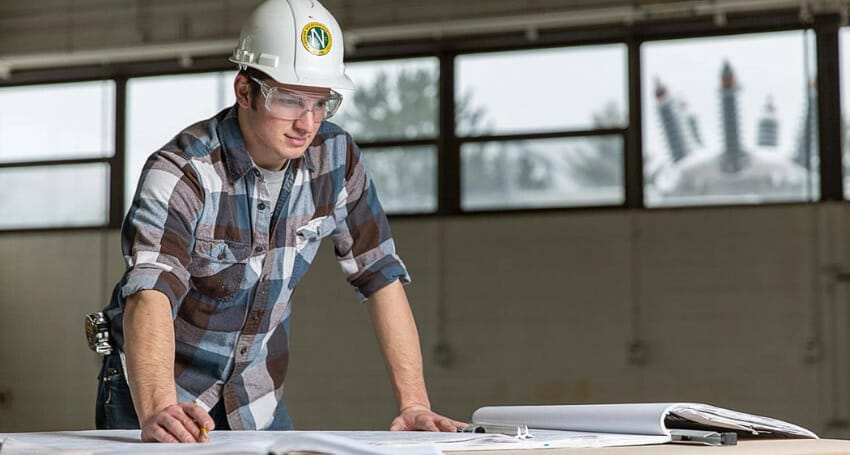Introduction
When you see a building under construction, the result of complex planning and coordination is unfolding before your eyes. Central to these efforts is the discipline of construction management. From facilitating the construction process to interacting with various stakeholders, a construction manager’s role is pivotal to the successful execution of a construction project. But what exactly is construction management? Let’s dive deeper into this essential function in the construction industry.
What is Construction Management?
Construction management is a professional service that employs specialized project management techniques to oversee the planning, design, and construction of a project from its inception to its completion. The primary goal is to control a project’s time, cost, and quality — the three key pillars that determine a project’s success.

Types of Construction Management
Different types of construction management are applied depending on the project’s needs and complexity. These types range from agency construction management, where the manager acts as the owner’s agent without taking any construction risk, to at-risk construction management, where the manager undertakes some or all of the project’s risks. Choosing the appropriate type of management is crucial for the successful execution of a project.
Construction Manager’s Role
A construction manager must execute a wide array of tasks, from estimating costs, setting schedules, and selecting construction methods to liaising with architects, engineers, and vendors. Furthermore, they ensure legal compliance and safety standards. The construction manager may also use construction management software to coordinate tasks, track project progress, and manage resources efficiently.
Knowledge of Construction Methods and Construction Technology
The construction manager’s role extends beyond mere oversight. They must possess an intimate knowledge of construction methods, including interpreting architectural designs, understanding material compatibility, and grasping the technical aspects of construction work. Also, an adeptness with construction technology, such as Building Information Modelling (BIM), is crucial as it aids in simulating construction projects from start to finish, ensuring better planning and execution.
Interaction with Stakeholders
Construction managers work closely with various stakeholders, including owners, architects, local jurisdiction officials, and workers. They act as the vital communication bridge, ensuring everyone is aligned with the project’s objectives and timelines.
Importance of Construction Management in the Industry
Construction management is the bedrock of the construction industry, facilitating the smooth running of projects. It enhances efficiency, cost-effectiveness, and satisfaction among all parties involved. Without effective construction management, projects are likely to overrun costs, under-deliver on quality, and fail to meet safety standards.

Related to Construction Experience
The importance of construction management is closely related to construction experience. Experienced managers can foresee potential issues, making the necessary adjustments to prevent delays and cost overruns. Their first-hand knowledge of the industry ensures a more effective and smooth construction process.
The Construction Management Association of America (CMAA)
Recognizing the importance of construction management, the Construction Management Association of America (CMAA) advocates for professionalism and excellence in the management of the built environment. They offer the Certified Construction Manager (CCM) credential, which attests to a professional’s competencies and upholds the highest industry standards.
Becoming a Construction Manager
To become a construction manager, one typically requires a bachelor’s degree, although significant work experience can sometimes suffice. Many universities offer a construction management program, providing essential education on project management, cost estimation, building codes and standards, and contract administration.

Construction Project Management
The role of a construction project manager is crucial in the management team. They are responsible for the overall planning, coordination, and control of a project. Their objective is to meet a client’s requirements and produce a functionally and financially viable project. They ensure the project is safe to work on, completed on time within authorized cost, and to the required quality standards.
Conclusion
Construction management is a linchpin of the construction industry. The expertise and skills of construction managers can make or break a project. From ensuring the seamless flow of a construction process to fostering relationships with various stakeholders, the role of a construction manager from the history of construction management to the present state of construction management, it is as challenging as it is rewarding. With advanced education programs, industry-standard certifications, and cutting-edge technology, the future looks bright for aspiring construction managers. Indeed, as the field continues to evolve, it is not just about managing buildings but about building a better future.




